Imagine yourself at a gathering where you are a reluctant participant because you don't connect with most of the attendees. You might be sitting alone with a grim expression, trying to figure out how to quickly exit without offending anyone. Suddenly, an acquaintance approaches you with a wide smile, saying, "Hey, why are you looking so grumpy and low on energy? I've told you many times to lose weight." He then proceeds to loudly extol the benefits of losing weight, meditating, and adopting positive thoughts to better connect with others.
Irritated by the unsolicited advice, you might want to respond by saying that you didn't gain weight overnight and that you're well aware of the perils of obesity and the benefits of a positive mindset. However, you just give a plastic smile and say something socially acceptable instead.
Now, consider a person struggling with low mood, anxiety, and constant worry about a stressful event. In most cases, family members and well-wishers would advise them on the power of positive thinking, changes in thinking patterns, exercises, and various positive interventions. The person facing the crisis might feel like crying out, "I'm trying my best, but I can't do it!"
This is akin to telling someone with a fractured bone that they aren't trying hard enough to fix it or that their willpower isn't strong enough. No matter how hard one tries, they won't be able to mend a broken bone without proper medical intervention.
Both of these situations exemplify "toxic positivity."
Toxic positivity is the complete rejection of negative emotions in favor of insisting on positive thinking. I'm not arguing that one shouldn't suppress negative emotions to navigate difficult situations, or that a positive outlook isn't important in life. However, the overly positive expectation of always being optimistic, regardless of the situation, is known as toxic positivity.
This often comes at the expense of true feelings and well-being, leading to the repression or invalidation of difficult situations and emotions, all to maintain a facade of contentment and happiness. Downplaying the reality of a challenging situation can result in disconnection and alienation. It robs a person of the opportunity to process their real emotions and develop internal resilience to face future difficulties.
What Is Considered Toxic Positivity?
Toxic positivity is when negative emotions are completely dismissed, and people are told to always focus on positive thinking. While staying positive is important, toxic positivity forces an overly optimistic attitude in every situation, which can lead to repressing or invalidating real emotions. This often comes at the expense of a person’s true feelings and well-being.
Downplaying difficult situations can cause disconnection and alienation, preventing a person from processing their emotions and building resilience for future challenges.
What Is Toxic Positivity in Real Life?
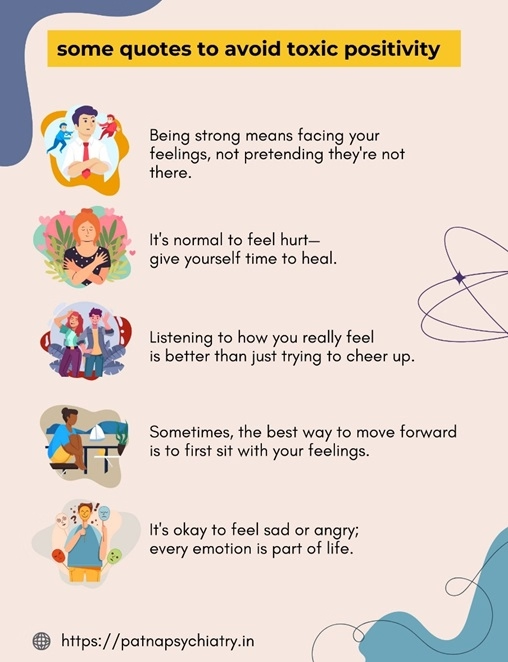
Let’s explore some real-life examples of toxic positivity:
Getting Laid Off: When someone loses their job, they might hear responses like, "You’ll bounce back; just stay focused," or "At least you got severance pay." While these comments might be well-intentioned, they can dismiss the emotional impact of losing a job.
Facing Illness: A person in the hospital might hear, "At least it wasn’t worse," or "Stay positive; everything happens for a reason." These phrases can invalidate the fear and pain the person is experiencing.
Struggling with Loss: After a personal loss, someone might say, "Others have it worse," or "Just think positively." While trying to lift someone’s spirits, these comments can unintentionally downplay their grief.
Toxic Positivity vs. Healthy Positivity
Toxic positivity insists on staying positive no matter what, which can prevent people from expressing and processing their true emotions. On the other hand, healthy positivity encourages a balanced approach—recognizing and accepting negative emotions as part of life while also maintaining hope and optimism. Healthy positivity allows space for all emotions and supports emotional well-being by validating and addressing feelings rather than suppressing them.
Robert Frost famously said, "The best way out is through." Dealing with negative emotions can be challenging, but it's important to acknowledge and experience them. Fully experiencing all our emotions—both positive and negative—is an essential aspect of human existence and navigating life. It's good to have a positive attitude, but not at the expense of denying your true emotions and situations. Although painful, coping with difficult emotions allows you to gain acceptance and psychological well-being.
How to Avoid Toxic Positivity?
As a psychiatrist, I am taught to deal with the pain and emotional turmoil of my patients, not merely to dismiss them as people who have failed to develop a positive attitude. Similarly, if you have relatives suffering from a tough situation or emotion, try to offer your unconditional support rather than dismissing their state or situation. You can be a good listener without offering sermons on how a positive outlook can change them. A good listener or a steadfast friend provides comfort through presence and empathy without jumping to offer quick solutions. Lastly, sometimes "it's OK to not be OK."
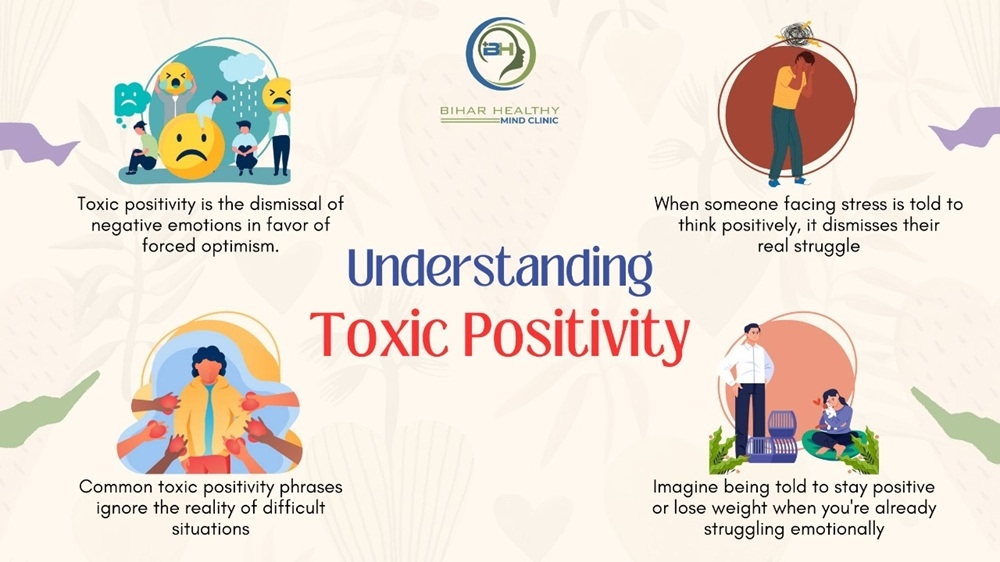
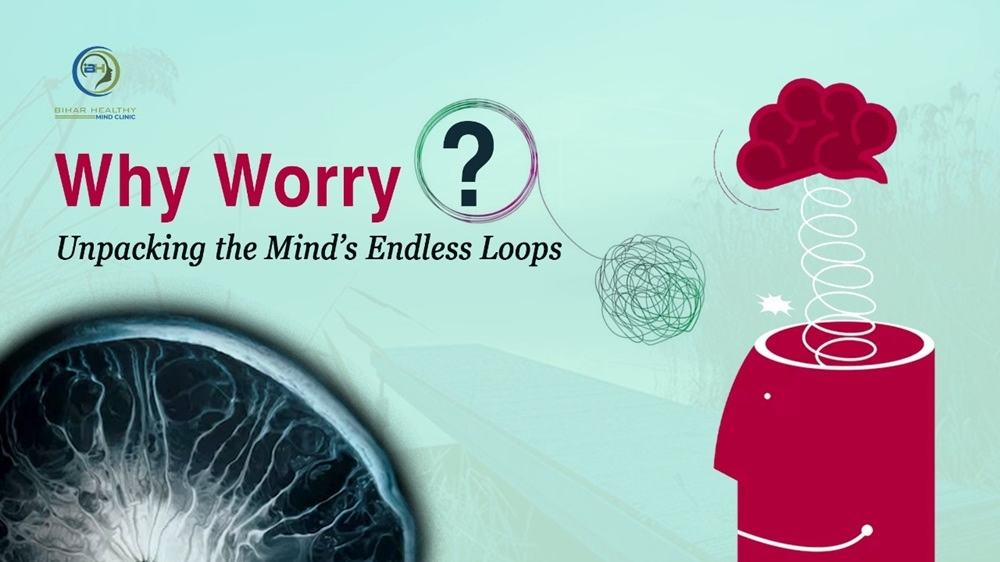
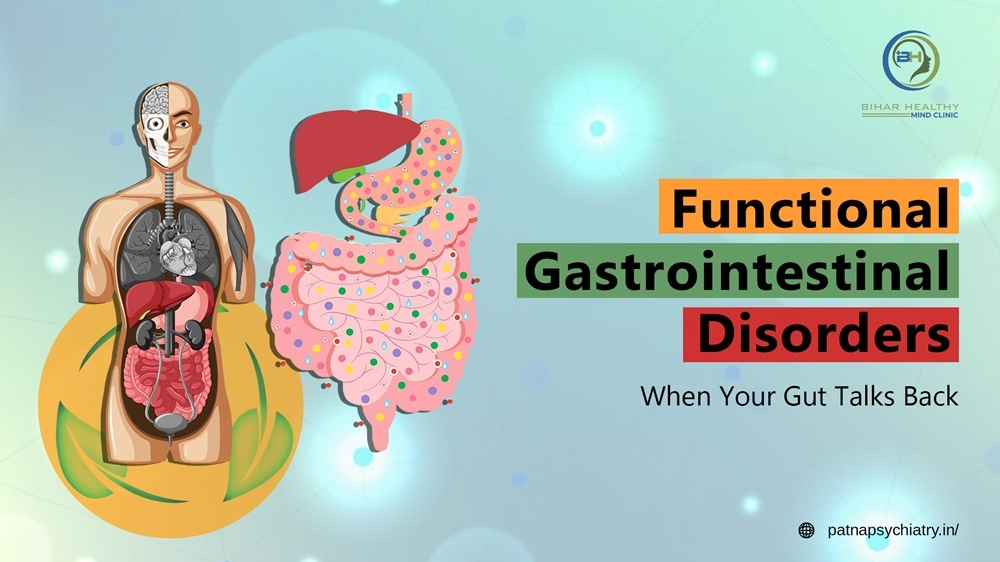
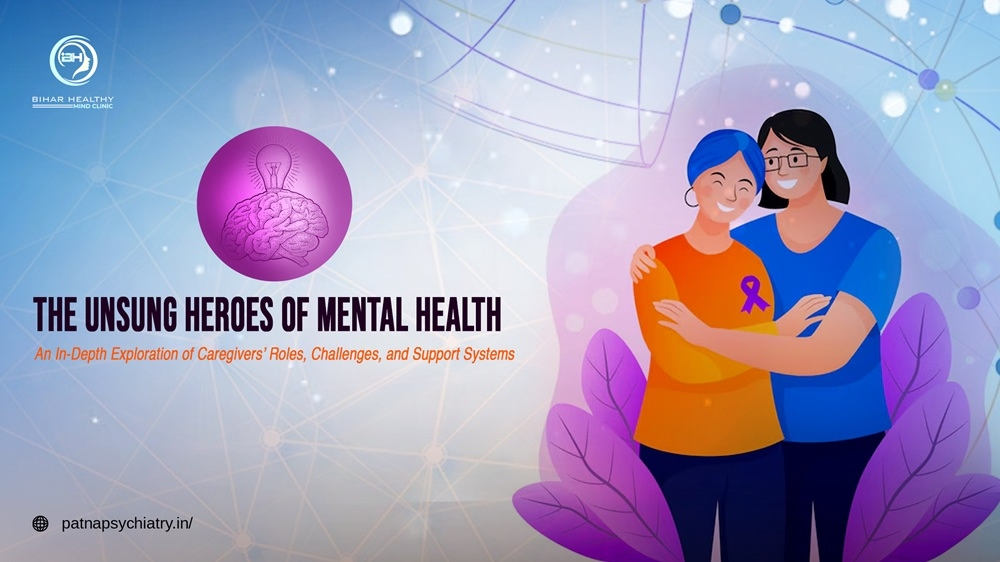

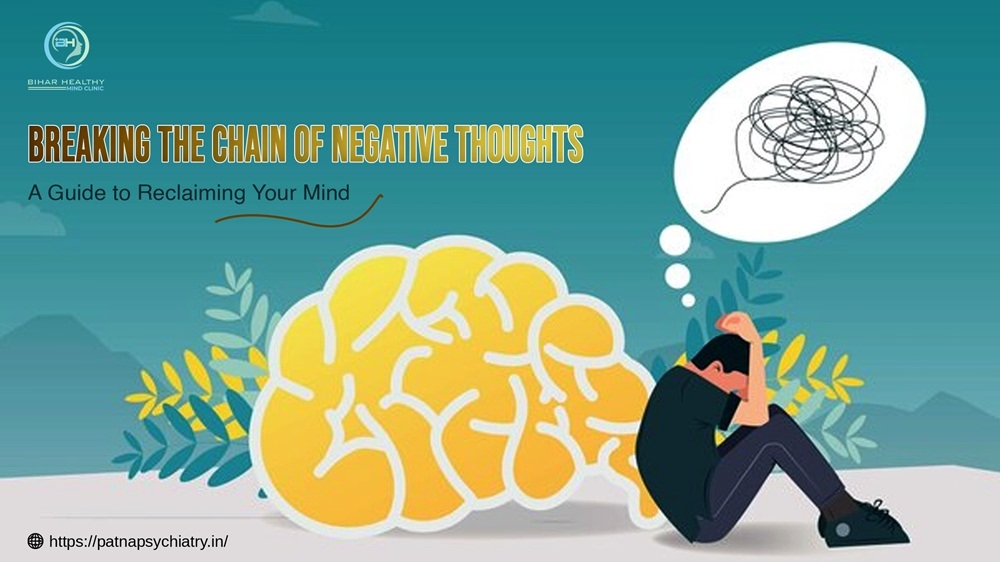
Gautam Budh said, "Pain is inevitable, suffering is a choice". So emotions are inevitable, how who actually with those emotions is a choice.
Regression or Supression or Denial are immature ways of handling difficult emotions.
Mature management of difficult emotions requires awareness and healthy defence mechanisms.
Any emotions that we feel are natural and an essential part of our existence. They give us a better understanding and insight into ourselves. As a psychologist, I believe that mental health practitioners are expected to have unending positivity, especially in our personal lives. This creates undue expectations and pressures.
Thank you so much for sharing all this wonderful info with the how-to’s!!!! It is so appreciated!!!â€
Very well written, we all experience such situations everyday.
Toxic Positivity